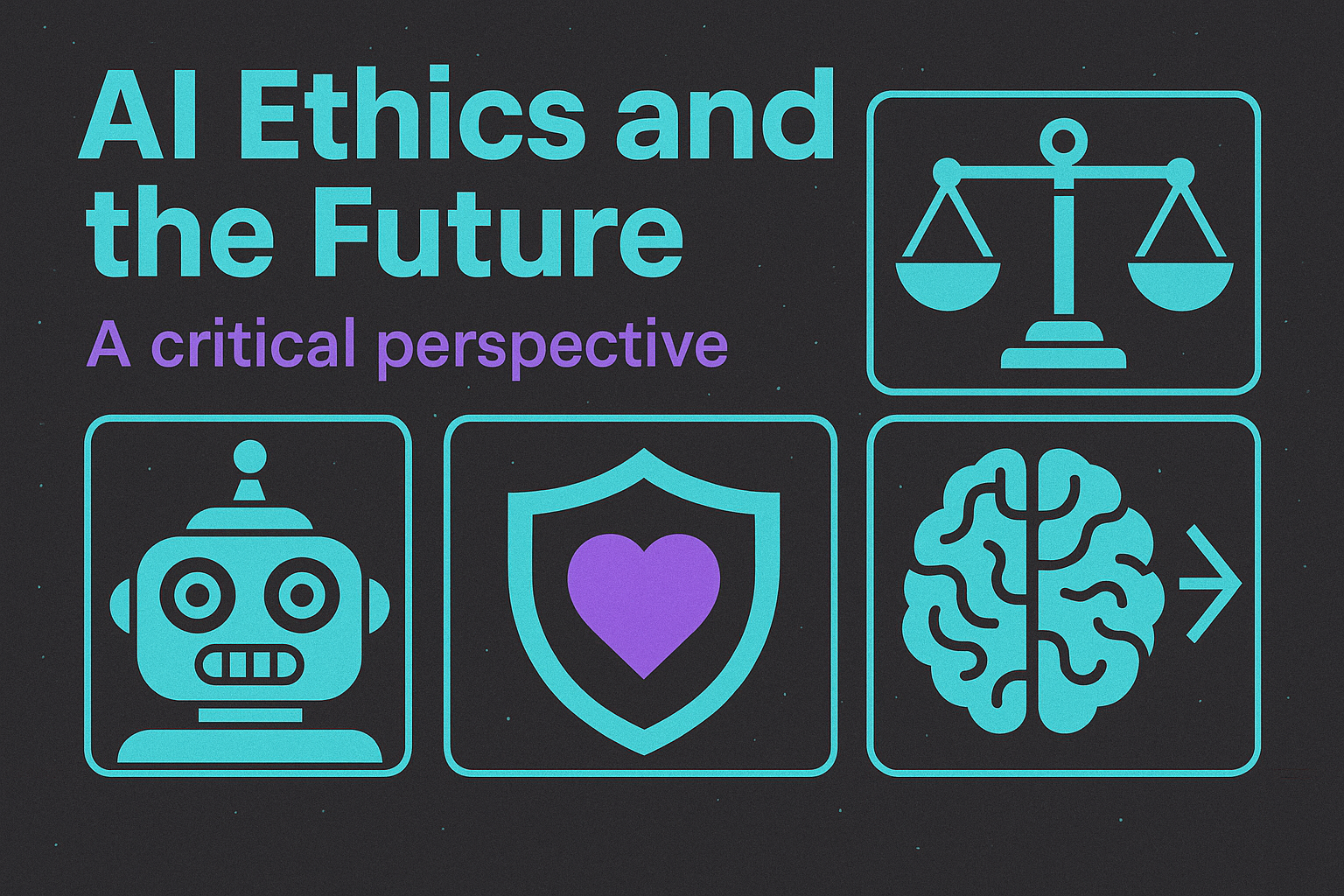Schedule a Demo
CEOs, in their quest to align with vendors in the environmental services sector, start with a clear understanding of their company's needs. I've found in my work with high-level executives that their search is not just about finding a service provider; it's about partnering with a company that can enhance their environmental strategy. They look for vendors who not only understand the intricacies of environmental regulations but also bring innovative solutions to the table.
When a CEO begins their search, they often start with a detailed assessment of their current environmental impact and compliance requirements. This isn't just a routine task; it's a strategic move to ensure that the chosen vendor can help them meet their sustainability goals. They seek partners who can provide comprehensive services, from waste management to sustainability consulting, ensuring that every aspect of their environmental strategy is covered.
Moreover, CEOs are increasingly aware of the importance of corporate social responsibility (CSR). They want vendors who align with their values and can help them showcase their commitment to environmental stewardship. This alignment is crucial, as it not only affects their company's reputation but also influences stakeholder perceptions and, ultimately, their bottom line.
In the digital age, CEOs utilize a variety of tools to streamline their search for environmental services vendors. Search engines play a pivotal role, with executives often typing in phrases like "environmental services for businesses" or "sustainability consulting firms." These searches are not just for quick solutions; they are part of a broader strategy to find reputable and specialized vendors.
Beyond search engines, CEOs also turn to industry-specific databases and directories. Platforms like the Environmental Industry Associations or the Green Business Network provide detailed listings of certified vendors. These resources are invaluable as they offer a curated selection of providers, making the search more efficient and targeted.
Social media and professional networks like LinkedIn are also critical in this process. CEOs often engage with their peers to gather recommendations and insights. This peer-to-peer interaction can lead to discovering vendors who have a proven track record and positive testimonials, which is a significant factor in the decision-making process.
Once potential vendors are identified, CEOs often initiate a Request for Proposal (RFP) process. This step is crucial as it allows them to clearly communicate their needs and expectations. The RFP document outlines specific requirements, from compliance with environmental regulations to the scope of services expected, ensuring that the selected vendor can meet their strategic goals.
Evaluating the responses to the RFP is a meticulous process. CEOs and their teams assess each proposal based on several criteria, including the vendor's experience, their approach to sustainability, and their ability to innovate. This evaluation is not just about ticking boxes; it's about finding a partner who can grow with the company and contribute to its long-term environmental strategy.
Furthermore, CEOs often conduct site visits and interviews with key personnel from the vendor's side. These interactions provide a deeper understanding of the vendor's capabilities and culture. It's during these meetings that executives can gauge whether the vendor is a good fit for their company's values and operational style, which is essential for a successful partnership.
The final decision to select an environmental services vendor is a strategic one, often involving multiple stakeholders within the company. CEOs must balance the need for compliance and sustainability with cost considerations and the vendor's ability to deliver on their promises. This decision-making process is complex, as it impacts the company's environmental footprint and its reputation in the industry.
Once a vendor is selected, the focus shifts to establishing a strong partnership. This involves setting clear expectations, defining key performance indicators (KPIs), and ensuring regular communication. A successful partnership in the environmental services sector is not just about meeting regulatory requirements; it's about achieving shared goals in sustainability and innovation.
I've seen firsthand how a well-chosen vendor can transform a company's environmental strategy. The right partner can help CEOs navigate the complexities of environmental regulations, drive sustainability initiatives, and enhance their company's overall performance. It's a decision that requires careful consideration but can yield significant long-term benefits.
